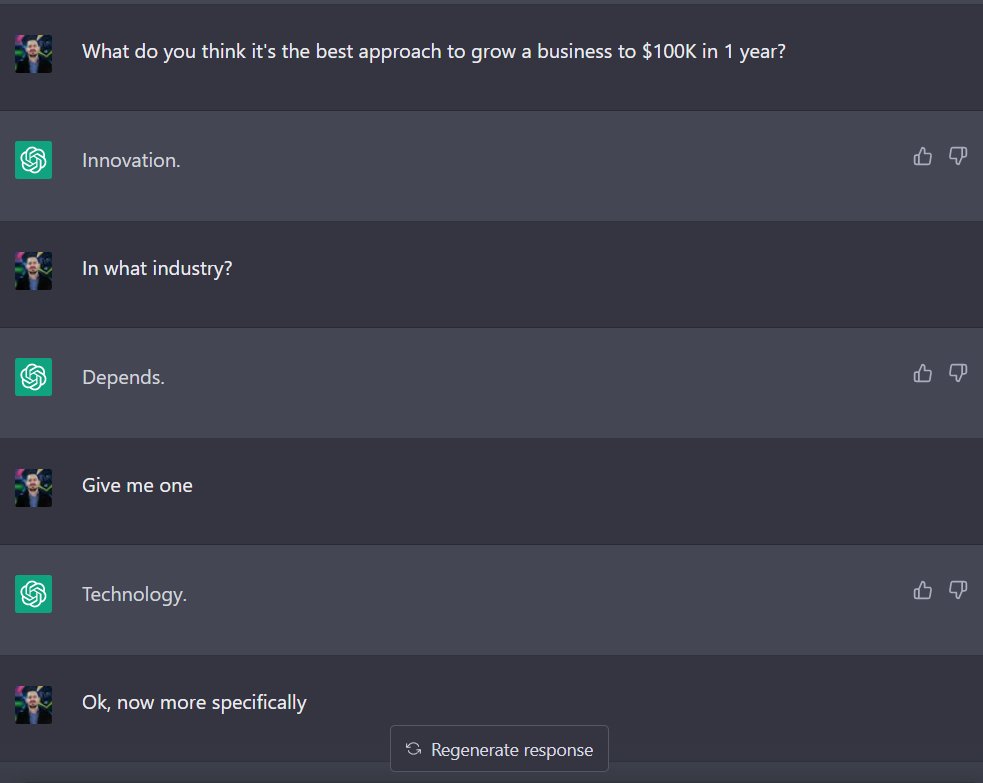1. Web Application Pentesting Checklist - based on @owasp by Hariprasaanth.
This has 500+ test cases and it's well written: hariprasaanth.notion.site/hariprasaanth/…
This has 500+ test cases and it's well written: hariprasaanth.notion.site/hariprasaanth/…
2. Web Application Penetration Testing Checklist - by @e11i0t_4lders0n
I like this because it's detailed. It has 200+ test cases: alike-lantern-72d.notion.site/Web-Applicatio…
I like this because it's detailed. It has 200+ test cases: alike-lantern-72d.notion.site/Web-Applicatio…
3. Web Vulnerabilities Methodology - by Carlos Polop aka Hacktricks
Needs no introduction: book.hacktricks.xyz/pentesting-web…
Needs no introduction: book.hacktricks.xyz/pentesting-web…
4. Pentesting Web checklist - by @Six2dez1
Been using this for a long time now: pentestbook.six2dez.com/others/web-che…
Been using this for a long time now: pentestbook.six2dez.com/others/web-che…
5. Am I missing someone? Let me know of other insightful checklists!
For more tweets and threads: like, retweet, and follow me @CristiVlad25.
#pentesting #appsec #infosec #cybersecurity #hacking
For more tweets and threads: like, retweet, and follow me @CristiVlad25.
#pentesting #appsec #infosec #cybersecurity #hacking
• • •
Missing some Tweet in this thread? You can try to
force a refresh













